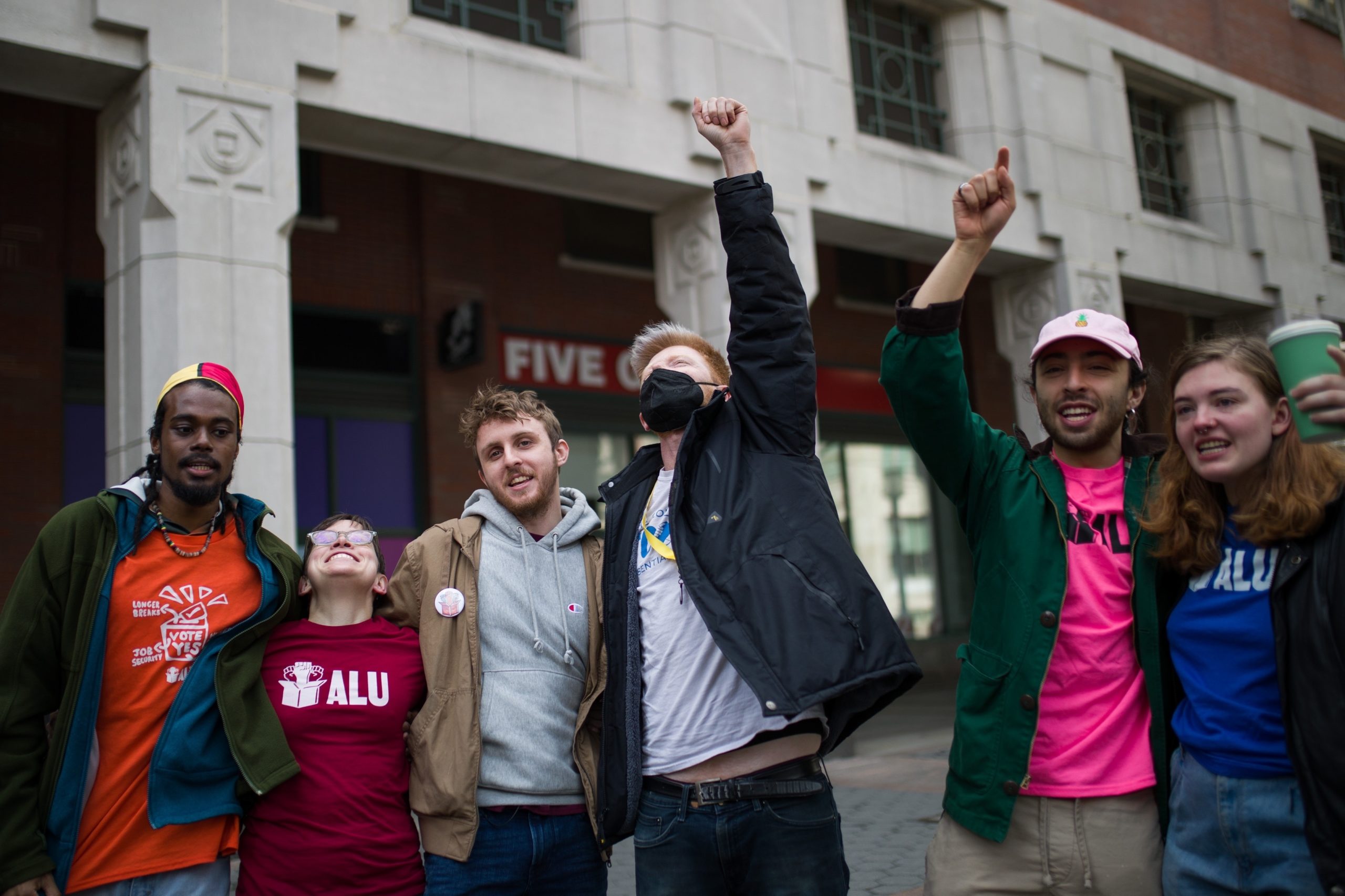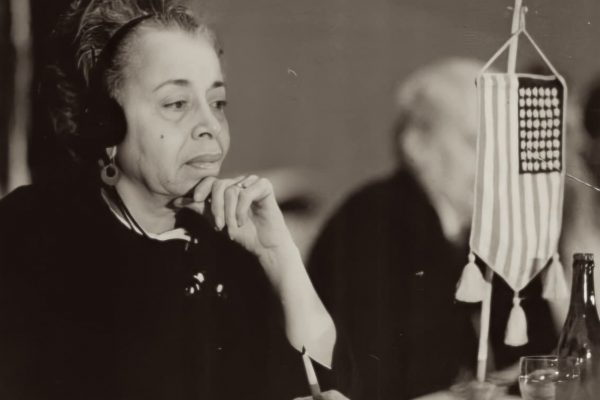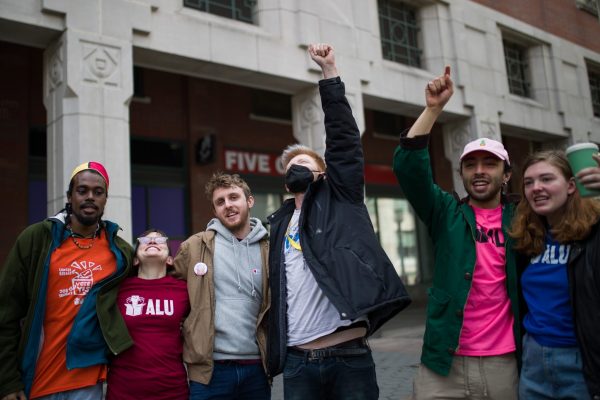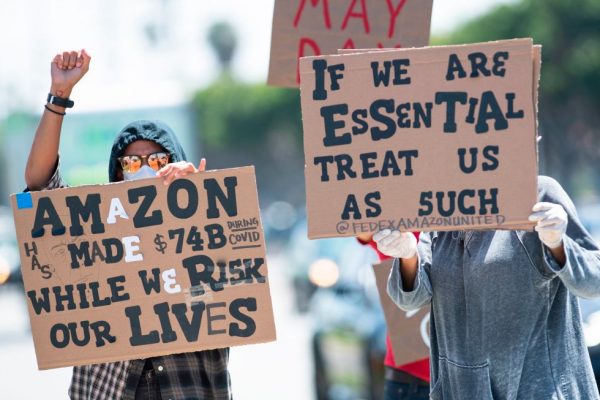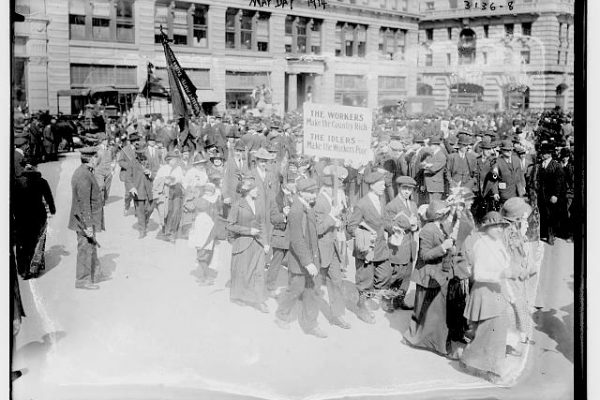This Labor Day serves to mark the culmination of what Chris Smalls, president of the Amazon Labor Union, has termed #hotlaborsummer. Smalls, who helped lead the ALU to an historic victory at Amazon’s JFK8 warehouse on Staten Island, is the face of a labor upsurge that has seen thousands of workers across the country form unions at companies such as Amazon, Starbucks, and Trader Joe’s.
This wave of organizing is distinguished not only by its success against corporate titans, but also by its cross-class, cross-racial alliances. Consider the importance of “salts”—workers who take jobs with the intent to unionize—in recent organizing drives. As Mie Inouye explains in her recent piece, these workers exemplify “an organic convergence of downwardly mobile college graduates with the existing working class.” She argues that transgressing boundaries of race and class will be essential to rebuilding a strong labor movement.
In adopting such methods, worker-organizers are not so much breaking new ground as they are reviving radical tactics of the past. Salting, as Inouye observes, has a long history—as does militant interracial organizing. In an excerpt from their forthcoming book Organize, Fight, Win, Charisse Burden-Stelly and Jodi Dean tell the story of Black communist women who, beginning in the 1920s, were pioneers “in using the realities of Black women workers to illuminate the importance of struggling against capitalism and racism simultaneously to shore up interracial worker unity.” According to Burden-Stelly and Dean, “Black Communist women’s political writing can teach contemporary organizers practical and theoretical lessons,” including the importance of learning directly from people’s experiences, providing outlets for workers to speak on their own behalf, and understanding capitalism as central to other forms of exploitation and domination.
These struggles form part of a larger history of labor activism that mainstream discourse doesn’t always associate with organized labor. While Trump’s election in 2016 skewed media representations of the working class toward a monochromatic, factory-bound stereotype, the reality has always been more complex and diverse: mothers, immigrants, care workers, LGBTQ activists, and sex workers have all played vital roles in the ongoing movement for labor rights, united in their desire for freedom from oppressive conditions of work.
We invite you to celebrate Labor Day by engaging with these histories and other trenchant analyses of the world of work, including essays on the fight for free time, anti-work politics, strategies for the labor movement going forward, and more.
And what today’s organizers can learn from them.
Sex workers are labor's vanguard. The left ignores them at its peril.
How a new class of “salts”—radicals who take jobs to help unionization—is boosting the organizing efforts of long-term workers.
Recent union drives point the way to more effective action against corporate power.
Selma James’s work with the Wages for Housework movement shows that we ignore the labor of care at our own peril.
Recent works depict the agonies and rage of being a low-wage housekeeper or nanny. But all fail to identify capitalism itself as the culprit.
Intrinsic to what we hate about work is that we can’t imagine life outside of it.
On the successes and agonies of a legalistic approach to gay activism.
